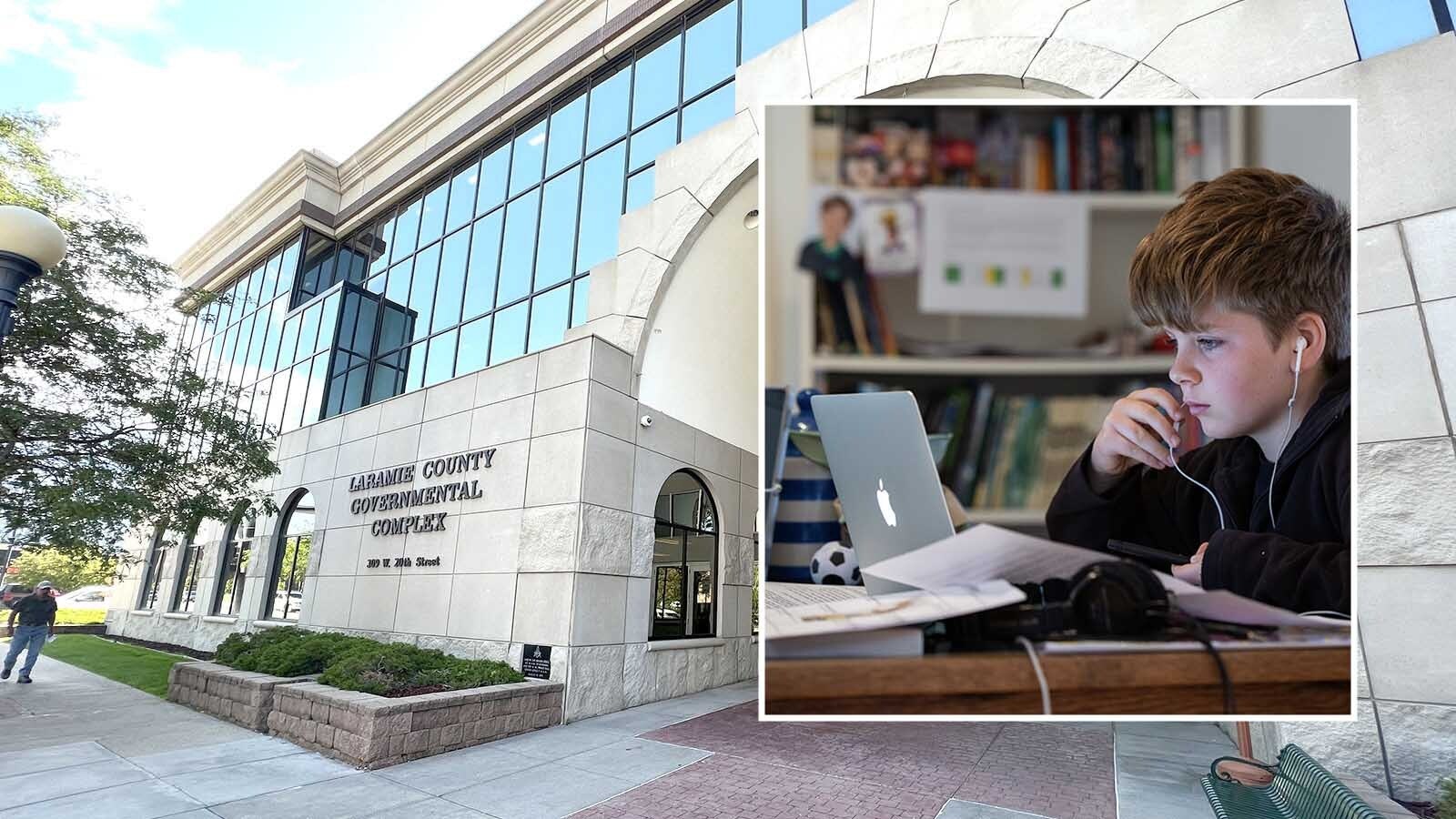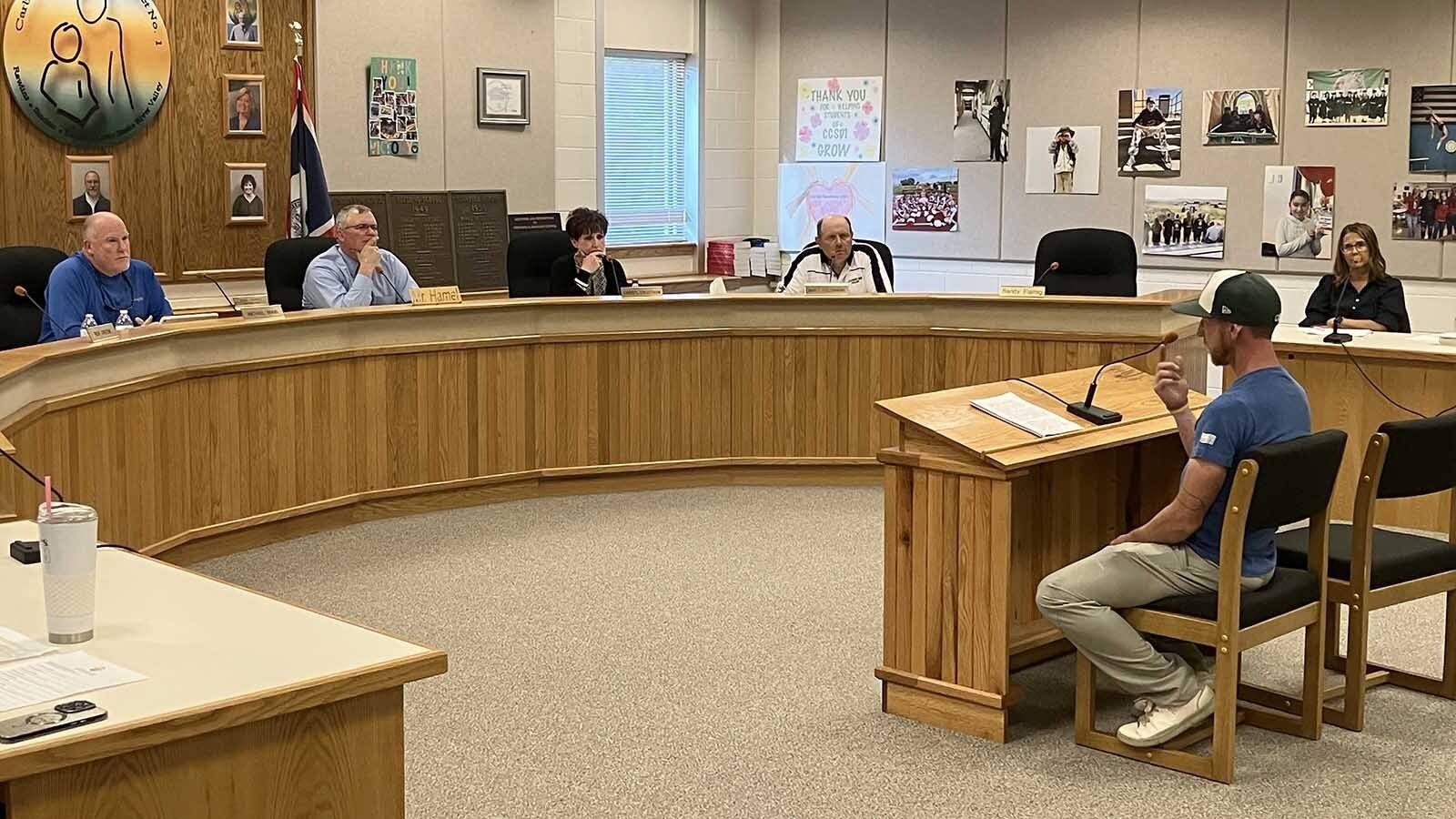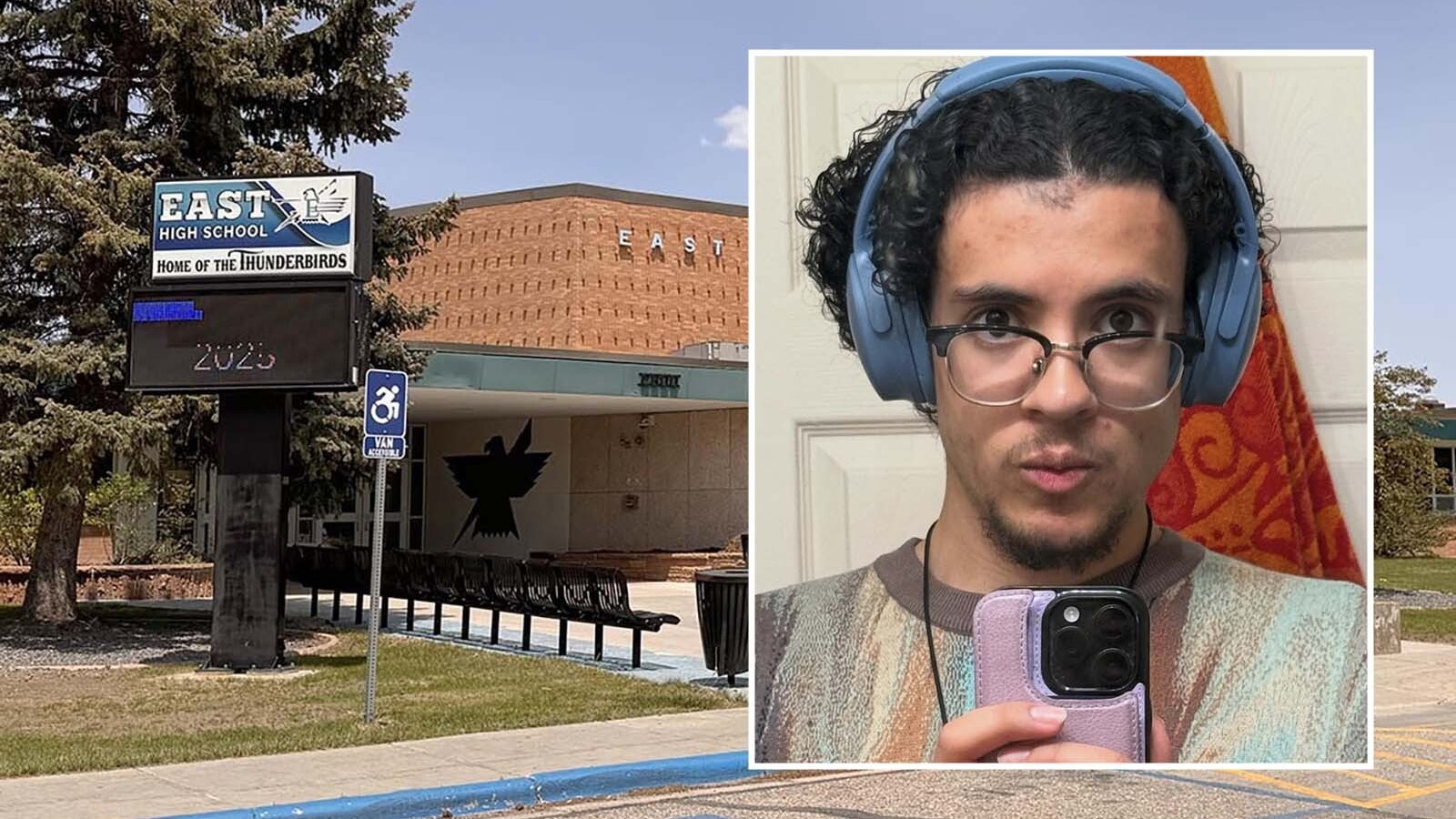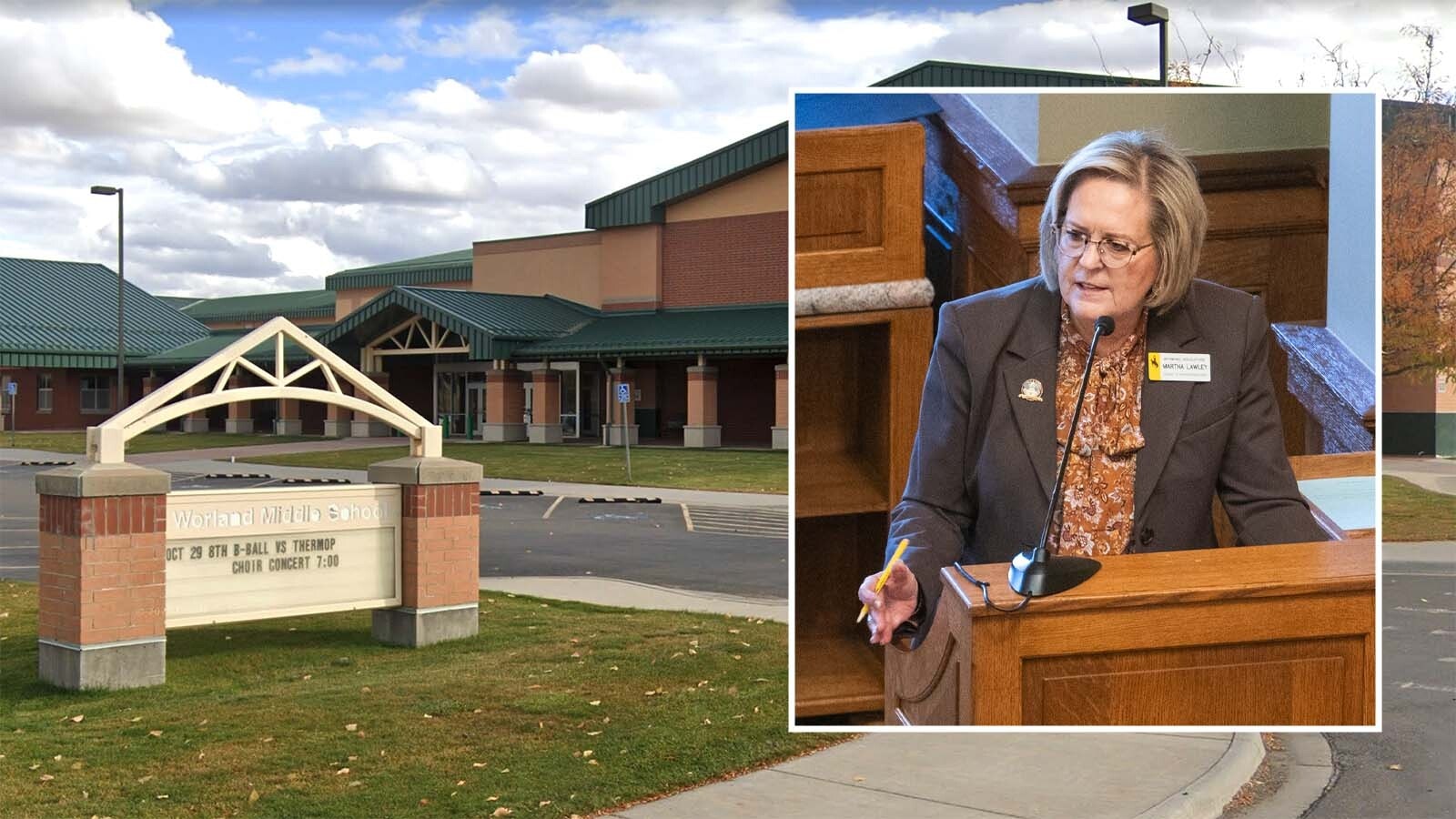By Ike Fredregill, Cowboy State Daily
Despite dying twice in the Legislature’s general session earlier this year, a task force designed to look into ways to make two years of higher education as close to free as possible is moving forward.
The “Wyoming’s Tomorrow” task force was proposed in legislation that was killed in the Senate and was vetoed as a footnote to the state’s supplemental budget by Gov. Mark Gordon. But it is active once again thanks to the Legislature’s Management Council, which identified its goals as something to be worked on in the interim between legislative sessions.
The task force is charged with studying a scholarship program that could provide funding for the first two years of post-secondary education, a job outlined by House Bill 310, which the Senate rejected 8-21.
Inspired by Tennessee Promise, a scholarship and grant program launched to boost Tennessee’s number of degree-holders, Wyoming’s Tomorrow could help to coordinate the state’s efforts to get more students into higher education, said Rep. Cathy Connolly, D-Laramie.
“It is a task force established by Management Council to take a look at higher education in Wyoming with a couple specific directions,” said Connolly, a co-sponsor of HB 310 and member of the task force. “One (directive) is to look at Tennessee Promise and think about the applicability of a similar program in Wyoming. The second goal is look at the needs of Wyomingites in relation to the projected economic diversification laid out by ENDOW.”
More degree holders
In 2018, ENDOW — Economically Needed Diversity Options for Wyoming — set a goal of increasing the number of Wyoming’s degree holders to 67 percent of residents between ages 25 and 64. Currently, only 26 percent have a Bachelor’s degree or higher, ENDOW reported.
“We’re very low in terms of college graduates,” Connolly said. “We want an educated citizenry for so many reasons, but (a low degree-holder rate) is an impediment for diversifying the economy.”
Across the aisle, Rep. Steve Harshman, R-Casper, said he co-sponsored HB 310 and is serving on the task force because Wyoming needs a focused direction for its higher-education initiatives.
“I don’t know (if Wyoming’s Tomorrow) is the best option,” Harshman said. “We’re trying to bring all this together in a bigger vision.”
Harshman said he believes the task force had a lot of support in Legislature, but it might have failed as a bill and a footnote because of timing.
“I introduced the bill and put it on the house side of the budget at the same time,” he explained. “The bill passed through the House with big margins.”
A house bill takes longer to reacher the Senate than a budget, so by the time the senators were voting on HB 310, they’d already approved its task force as a budget footnote, Harshman said.
“I think in the end, a lot of people thought, ‘It’s already in the budget, we can let it go,’” he said. “But then this governor decides we’re not going to put task forces and studies in the budget.”
Gordon vetoed the task force budget footnote along with 13 other budget items in February. Gordon did not respond to requests for comments on this story, but in February, he argued that the task force should have been created in a separate piece of legislation, not “piggybacked” on the supplemental budget.
As a bill, the task force received unanimous support from the Joint Appropriations Committee and majority support from the Joint Education Committee.
Education Committee member Sen. Affie Ellis, R-Cheyenne, voted against the bill in the committee and on the Senate floor.
“I didn’t object to the concept, necessarily,” Ellis says in an email. “Rather than creating a task force, though, I thought the Joint Education Committee could look at it as an interim topic.”
Resurrected
Wyoming’s Tomorrow was resurrected by the Management Council under the guidance of Sen. Chris Rothfuss, D-Laramie, Connolly said.Rothfuss was unavailable for comment.
Connolly said the process of bringing defeated bills back through the Management Council was commonplace and described it as “sausage making.”
With $16,000 budgeted for the task force’s use, Harshman said he envisioned the research effort lasting two years.
“It’s hard to say what the best outcome could be, maybe you meet and nobody wants to move forward,” Harshman said. “But we’ve got millions of dollars in workforce development, Board of Cooperative Educational Services programs, state aid to community colleges, and then, there’s the Hathaway Scholarship. Is it all working together?”
The task force could find a way to focus the state’s workforce and education programs on a single direction.
Connolly said a general lack of direction for the Hathaway Scholarship was a source of frustration for herself and University of Wyoming faculty.
However, with Wyoming’s Tomorrow, Connolly said legislators could discover an agreeable path forward for higher education in Wyoming.
“What appealed to me about the task force is the recognition we are moving ahead in several directions without any coordinated discussion,” she said.
The task force’s first meeting has not been set, but Harshman said it will get under way this summer.





